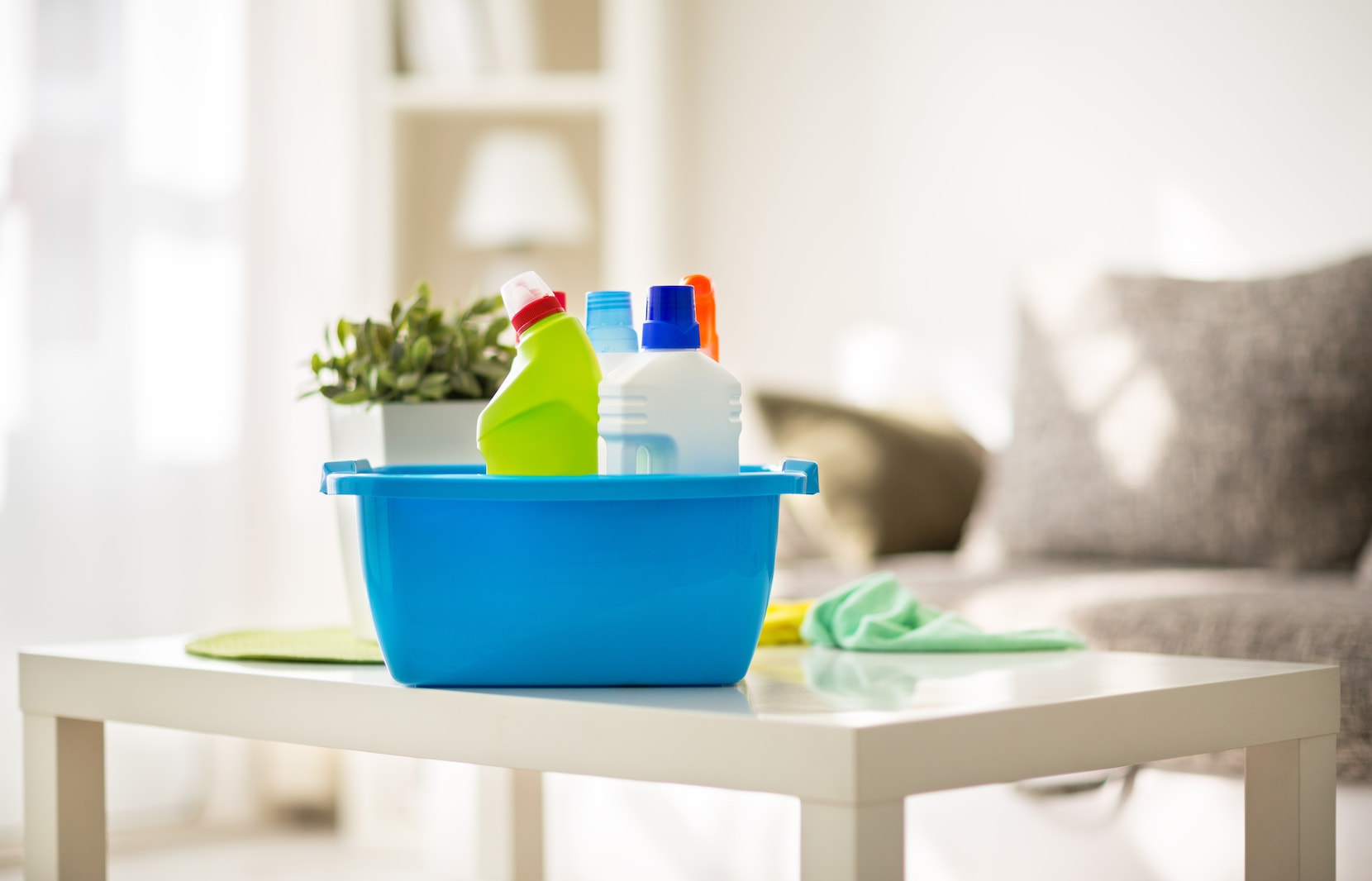
September 16, 2019
Home Care
Sustainability Starts At Home
Lately, there has been justifiably enhanced focus on civilisation’s continued occupation of Earth and what it means for the future of the planet.
Our indiscriminate use of Nature’s bounties and centuries of collective neglect when it comes to caring for Mother Earth have brought things to a head.
Climate change, air pollution, water pollution, soil contamination, lifestyle illnesses can all be laid directly at the altar of human consumption.
Our dependence on plastic for packaging, transportation, food storage, cosmetics, and daily living has led to unfathomable amounts of plastic in our waters, which eventually end up in our food, poisoning us slowly but surely.
Our increasing reliance on chemical solutions for agriculture has not only polluted our waters, it is also contaminating our soil.
Pesticide residue in food, especially, has led to a ban on several pesticides at different points in time across the world.
Climate change, in particular, has already wreaked havoc in many ways across the world. Weather patterns are changing, affecting food production and marine, avian, and animal life.
Water bodies are drying up. Extreme weather events are becoming more and more frequent in more and more places around the world.
Lots of plants are facing extinction as a consequence. In fact, the UN Intergovernmental Panel on Climate Change (IPCC) released a report last year that said we have only 12 years left to restrict global warming to a maximum of 1.5°C.
Even half a degree beyond that means drought, floods, extreme heat across the world, melting ice caps, and rising sea levels, which will see many places wiped off the map.
And weather-induced poverty affects hundreds of millions of people, roughly estimated to turn more than 800 million people around the world into economic refugees.
There are many things that need changing in these intervening years for us to ensure Earth remains a habitable place for all of us.
And unless you believe, like certain multibillionaires do, that we should go and colonise other planets to save humankind instead of saving Earth, then that change needs to start yesterday.
Yes, corporations, civic bodies, and governments need to change policies and regulations and do more to protect the environment and reduce the world’s collective carbon footprint.
Equally, though, individuals, too, need to step up and take conscious, conscientious action to keep the planet green.
This is where sustainable living comes in.
Wikipedia defines sustainable living as a lifestyle in which we attempt to reduce our use of Earth’s natural resources.
Often allied with minimal lifestyles, sustainability involves reducing the stress on earth by changing how and what we eat and how we manage our waste (yes, please start composting today).
It involves reducing our energy consumption (yes, please turn down the brightness of the screen you’re reading this post on).
Sustainable living means reducing our dependence on fossil fuels as much as possible and minimising the use of plastic.
It means switching from personal cars to public transport and pooled rides on our daily commutes (bonus, switching to cabs means not having to worry about where to park ever again).
It means switching from motorbikes to bicycles (healthier for you and for the planet).
Sustainable living also includes reducing processed foods and including more freshly grown organic produce in your diet. And sustainable living means practising the 5 Rs – Reduce, Reuse, Recycle, Refuse, Renew – actively and consciously.
What doesn’t get that big a mention when it comes to sustainable living though is cleaning.
Most of us use chemical-based cleaners to clean our floors, kitchens, surfaces, and toilets.
This is neither a health-effective choice nor a sustainable one.
We have written previously about VOCs in your cleaning products affecting the air quality in your homes and how chemical disinfectants are actually harming you.
Chemicals from your cleaners also contaminate your food and leave you open to a wide variety of illnesses.
More importantly, these chemicals affect the ecological balance of your homes and the larger environment.
The chemicals in your household cleaners, along with the dregs of your cleaning efforts, inevitably get flushed down your toilets and drains where they don’t magically disappear.
They find their way into groundwater and soil and thanks to the miracles of urban sanitation, eventually into our oceans too.
This chemical contamination then affects all kinds of aquatic life and also renders the water itself unfit for use thus putting even more of a strain on our collective resources.
As with everything else, cleaning your homes too should become an act of sustainability.
And this can happen by switching your chemical-based cleaners with solutions derived from nature.
Natural cleaners are free of harmful, toxic chemicals, thus protecting your health and the environment.
At Organica Biotech, we’ve harnessed the power of nature and married it to science, facilitated by years upon years of research, to innovate with our ThinkSafe range of natural cleaners.
Natural, safe, and sustainable, the products in our ThinkSafe range are non-toxic, non-corrosive, and free of ammonia and chlorine.
Made entirely from plant-based ingredients, our ThinkSafe range of products is designed to not only provide you with a healthier and cleaner environment at home but also ensure it causes no damage to the environment outside your home either.
We know you want to do everything you can to save our planet and in our ThinkSafe range of products, you will find the tools you need to help you in one aspect of this campaign.






Nice Article Rohan. New studies reveal that 95% of diseases are diet and lifestyle-related. It’s called epigenetics. This is good news because it means we have the control to prevent or reverse most diseases.